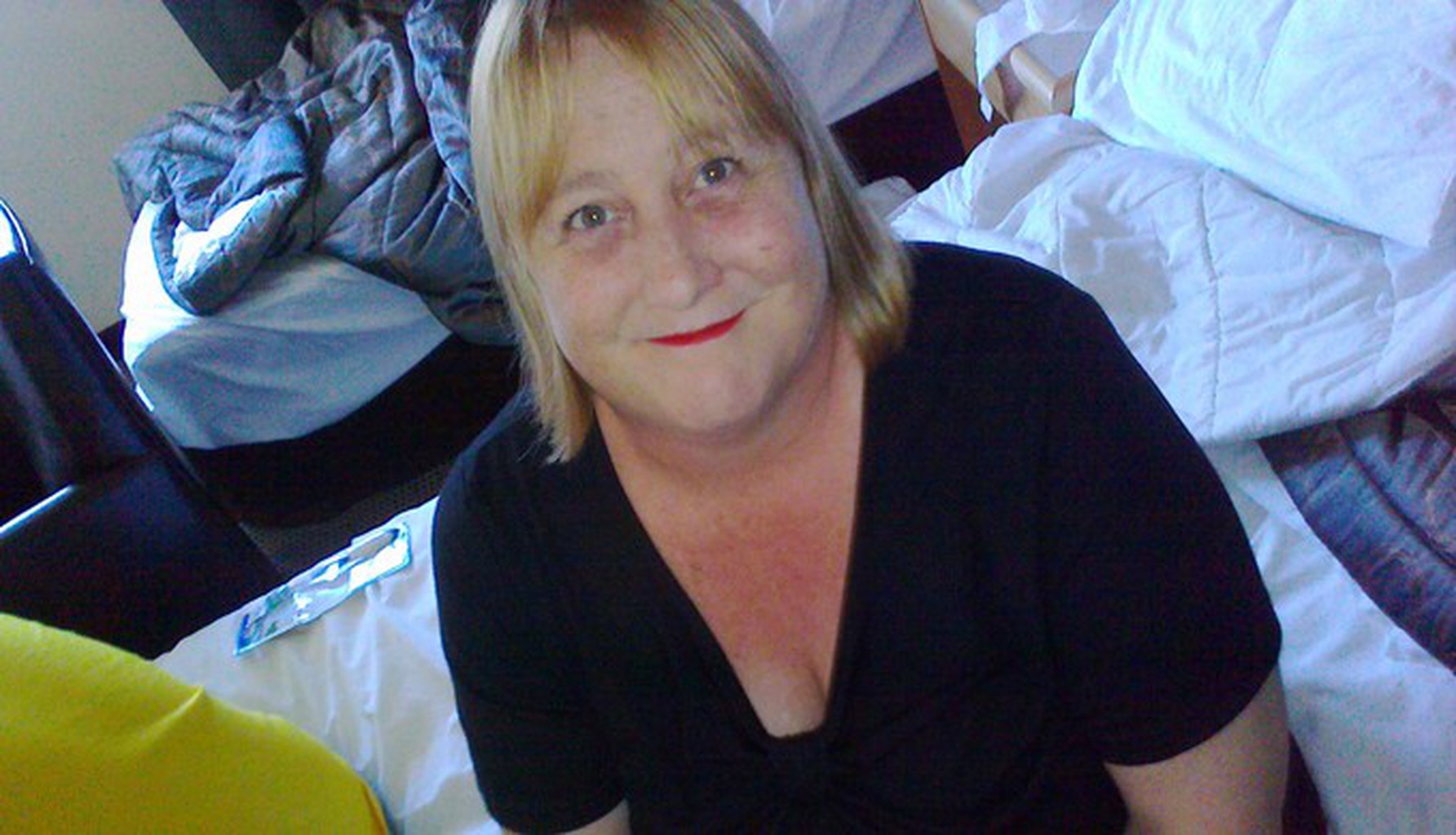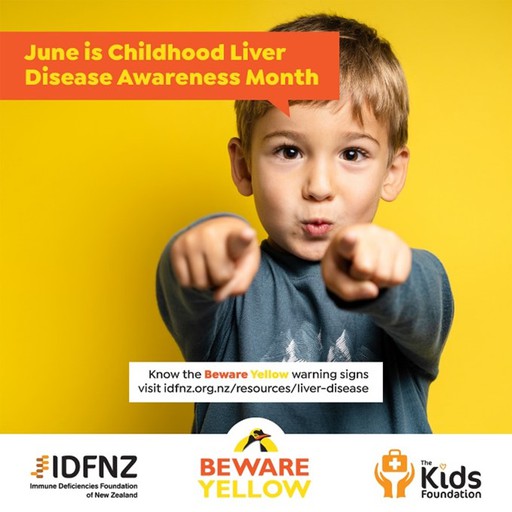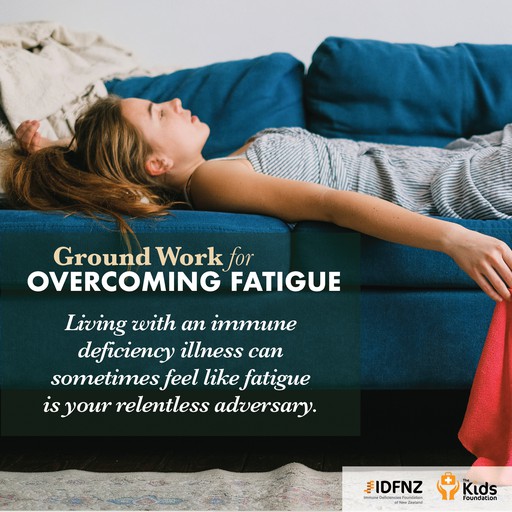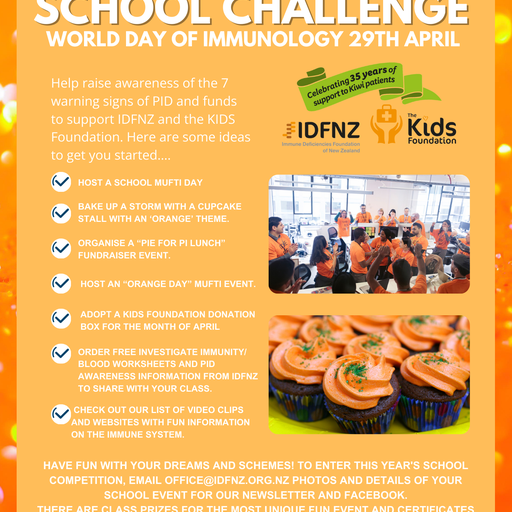My Story:
Lisa
From West Auckland

LIVING WITH PID
How does PID affect everyday activities?
It really affects every aspect of my life, even though I am as well now as I can possibly be, I still struggle hugely with overwhelming fatigue. It’s the fatigue that affects everything especially in the evenings. I don’t go to evening functions, unless I can take time off work in the afternoon to sleep. When I have an active infection, I am just not myself. I try my best to act, but I am about a 20th of the real me. I used to be bubbly, funny, chatty, up for anything! Now I keep to myself quite a bit. So my friends and family are the people who really miss out. I give everything I have to work, because as a solo parent I have to work, but then there’s not much left. Some days I go straight home to bed. I’m also much grumpier with my kids than I used to be. I don’t have the resources to be patient. I push myself to do physical things like take the rubbish out or even go and get the mail, because I know it’s important to keep moving and using muscles. I make myself walk up stairs when I’m up to it. I always have more energy in the first week after my infusions, so when I’m invited to something important I always look to where I’ll be on my infusion calendar. It’s disappointing if I see that the event is in my worst week, because I know I’m going to be tired and depleted.
I don’t plan things in advance as much as possible, because I never know how I’ll be. If I accept an invitation chances are I’ll cancel because on the day I won’t be well or my headache will be very bad or I’ll be exhausted.
I live with a chronic headache from chronic sinusitis. I see a Specialist every 6 weeks to have all the crusts, scabs and muco-pus pulled out of my sinus. It can be embarrassing when I’m in a meeting and a large amount of this material falls down the back of my throat. I have to cough it up or else I gag. I try to leave the room without drawing attention to myself but at times this is impossible. I have had three sinus surgeries and the option of having more surgery is gone. I also have a chronic resident bacteria in my sinus called Pseudomonas which my Specialists can’t get rid of. This is the main cause of the severe infections. I have no sense of smell whatsoever, which is a sadness. You have no idea how much information you get from that sense until you lose it. Thankfully our clever brains retain an olfactory memory, and I can remember smells. But I miss it. I love books and my favourite smell was opening a new book and burying my face in the pages and soaking up that scent. I miss the smell of clean washing, and perfume. The smell of my kid’s hair…
The cost of all my doctors is massive. I have 5 Consultant doctors but two are through the DHB so thankfully this is funded and these are two extremely important doctors. I go to the Haematology day stay for my infusions of Intragam P and I would not be able to work without this. In fact I don’t believe I would still be alive today without my infusions. I certainly would not be able to work and would be a bed-ridden invalid without it. I also take a lot of other medications to manage asthma, pain, irritable bowel, depression, sleep issues etc etc. It can be challenging to be positive. I am very lucky that my work is willing to be flexible with my time off for hospital visits, but mostly I use annual leave to cover it. This means I have less holidays than I need, so this is another outcome that leaves me less time for personal relationships, leisure activities and rest.
My IBS also affects everyday activities because sometimes I will get very little warning and I need to go to the bathroom quickly. It can also be embarrassing if this happens somewhere (like work which happens often) around people, as obviously I am conscious of the sounds and odour. I use Loperamide to control my IBS almost daily but it doesn’t always work.
I think apart from the physical effects of having a PID there are other negative effects and issues that come up.
It can be emotionally very challenging as I have said. But this is really quite a big topic, because as a mum, a friend, a professional, it affects you across the board. You don’t have resilience because you are frequently drained. I love my work, and I think it’s important for me to work, but I wish I had something left over for those I love too. Occasionally I indulge in a little self-pity, have a cry, experience resentment towards those who have great health and perceived happiness. Then I mentally tell myself that these are the cards I have been given and it could have been a lot worse. I remind myself of all that things I have. That I am alive and that I can move, see, hear, laugh, love, and occasionally dance!
One of my greatest challenges was and still is the attitude and ignorance of GP’s. For many years I was considered a hypochondriac. When I go to my GP clinic now it is only because I absolutely have to. If I can’t see my usual GP I find the person I do see can speak to me as though I am a child, or a moron. I recently had a referral sent to an Orthopaedic doctor by a GP and I saw her referral letter on his screen. She had commented that I spend a lot of time thinking about my condition. I thought this was judgemental and unnecessary. I have found this in the hospital system too. In general in medical circles there is a huge ignorance of what it is like to have an immune disorder. There is also very little empathy towards those who are living with a PID.
I feel that I have written a great deal of negative thoughts here, but this has actually been cathartic. Whilst this is what I live with every day, if you met me you would not know. Since I came to terms with what I have, I have always been determined to not become a “victim”, because then I think the illness has won. I am not going to let it win. So the silver lining here is that I have found out I am a strong person deep inside, and that is something I can be proud of.



